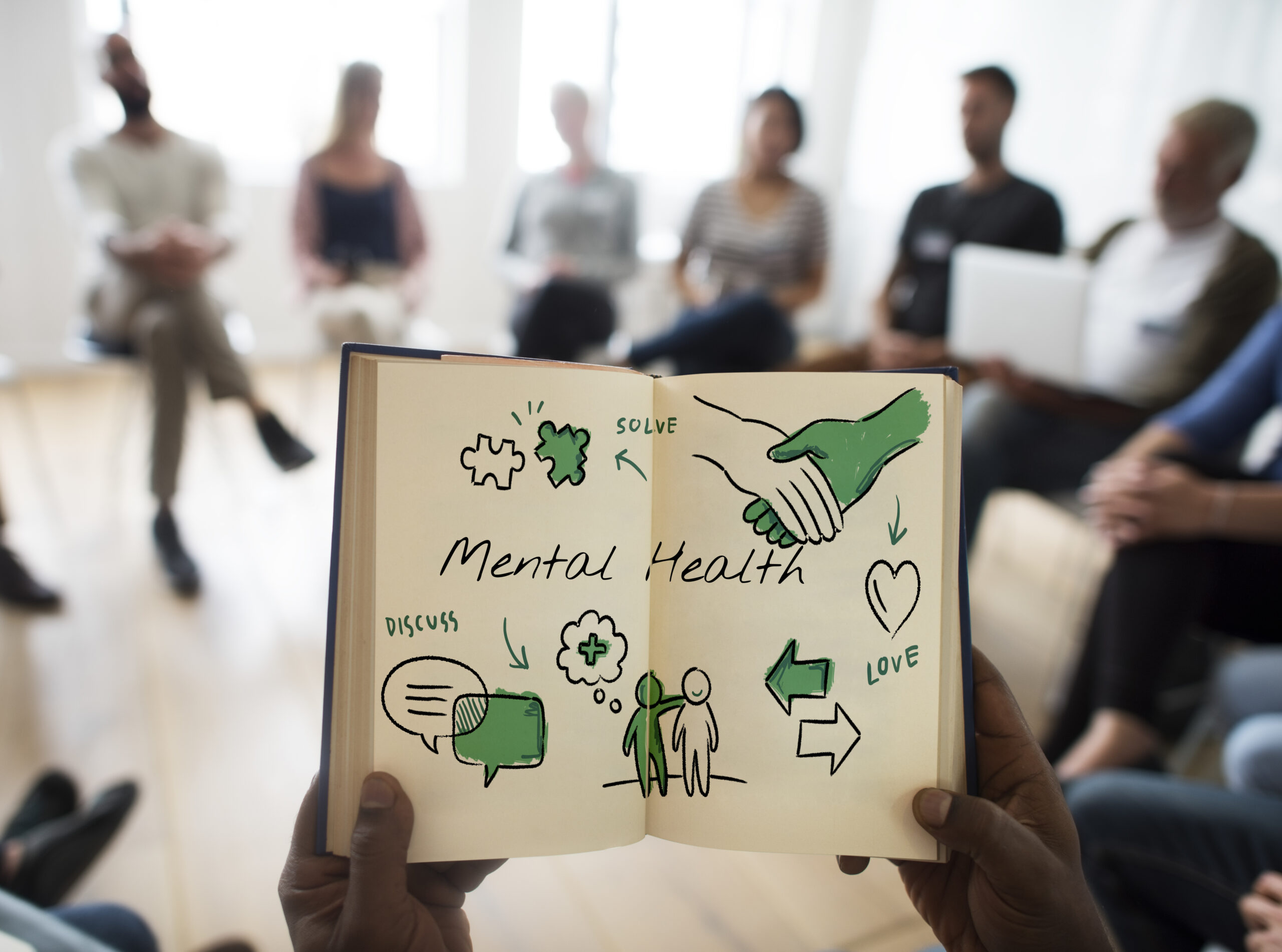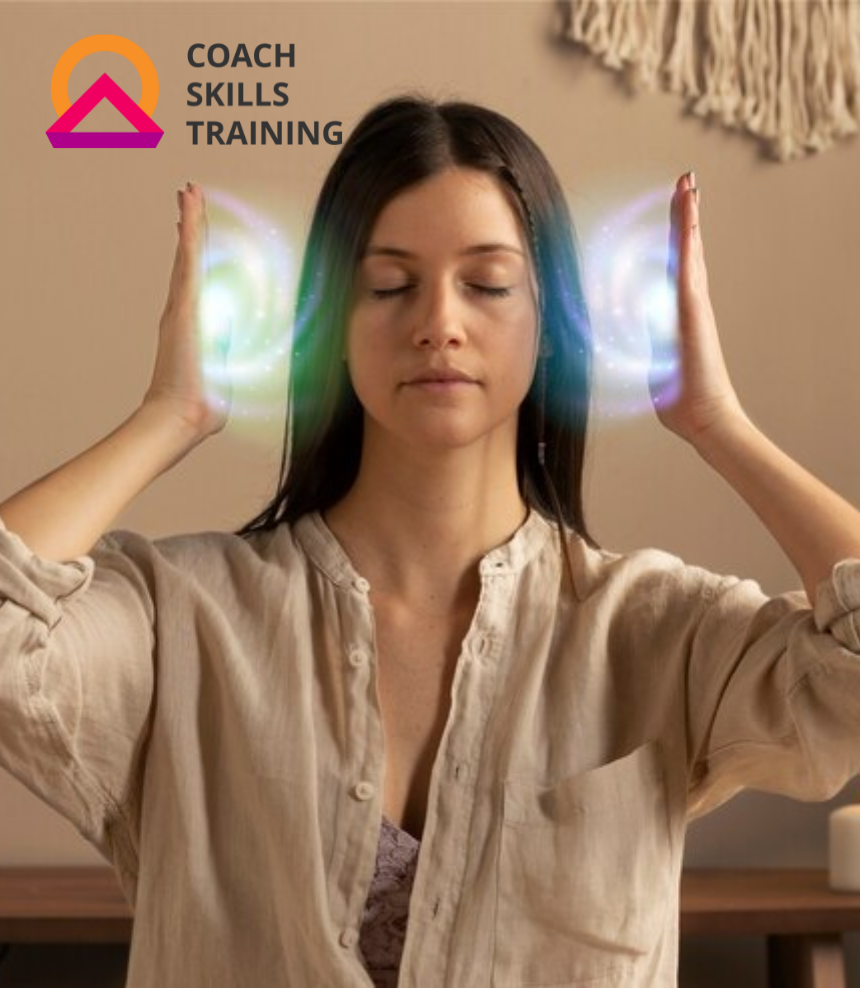

We all know that groggy feeling in the morning when the thought of getting up and going to the gym seems like a monumental task. But the benefits of exercise are far more than just shedding a few pounds or sculpting muscles, it’s a powerful tool for improving your mental health, enhancing longevity, and even slowing the effects of aging. To add to that, research shows you only need 11 minutes a day to reap some of these incredible benefits.
How Exercise impacts your mind and body
You’ve probably heard it before: regular exercise reduces the risk of chronic conditions like heart disease and type 2 diabetes. But did you know that leading a primarily sedentary lifestyle i.e., spending long hours sitting or lying down, is linked to cancer, high blood pressure and even early death?
Beyond the physical perks, exercise plays a crucial role in mental health – research shows that people who exercise regularly experience better emotional well-being and reduced rates of mental illness. In fact, exercise can be as effective as therapy or medication for conditions like mild-to-moderate depression.
Why exercise works wonders for your Mental Health
The relationship between physical activity and mental health is a two-way street. On one hand, mental health challenges can lead to inactivity. On the other, inactivity can worsen mental health. The good news? Exercise can break this cycle in several transformative ways:
The link between mental and physical health
Exercise improves cardiovascular health, strengthens the immune system, and reduces the risk of chronic conditions like arthritis, asthma, and diabetes which are all common ailments, especially in those with mental health challenges.
Research also suggests that exercise may help prevent or manage anxiety disorders, PTSD, and even several other psychotic illnesses highlighting that, if exercise stabilizes mental health, a lack of exercise can destabilize it.
How much exercise do you need?
The great news is that improving your mental health through exercise doesn’t require hardcore workouts or hours at the gym, even low to moderate-intensity activity levels can positively impact your mood and cognitive processes.
A walk in the park, gentle stretching or even chores like mopping or vacuuming – small bursts of activity like these can be very powerful, especially for those struggling with mental health concerns. While these may not induce the same physiological changes, they’re still incredibly valuable, particularly as a starting point.
For example, weight training offers quick, visible progress that can be incredibly motivating. Watching yourself grow stronger, session by session creates a tangible sense of achievement, which can significantly reduce feelings of anxiety and depression.
Exercise most often leads to other healthy habits and when you start moving regularly, you will also find yourself choosing nutritious foods more often, drinking more water, cutting back on sugary drinks and prioritizing sleep and rest. Over time, these small changes build momentum, leading to big transformations in your overall well-being.
Additionally, if you are someone who believes that you don’t have the time or the focus span to meditate, exercise may offer similar benefits. Studies show that outdoor exercise, in particular, can have a positive impact on the brain and mood, much like meditation. So, if mindfulness feels out of reach, a brisk walk or light jog could be your next best bet.
The road to a healthier, happier you
Keep in mind when you start your exercise journey, it isn’t about perfection or extremes, it’s about finding what works for you and showing up consistently. Start small. Take a walk, stretch, or try a few yoga poses. With every step, you’re not just improving your physical health; you’re also building resilience, boosting your mood, and strengthening your mind.
Your mind and body are deeply connected, and when you take care of one, the other benefits too. Now is the time to get moving – your brighter, healthier tomorrow starts today.









